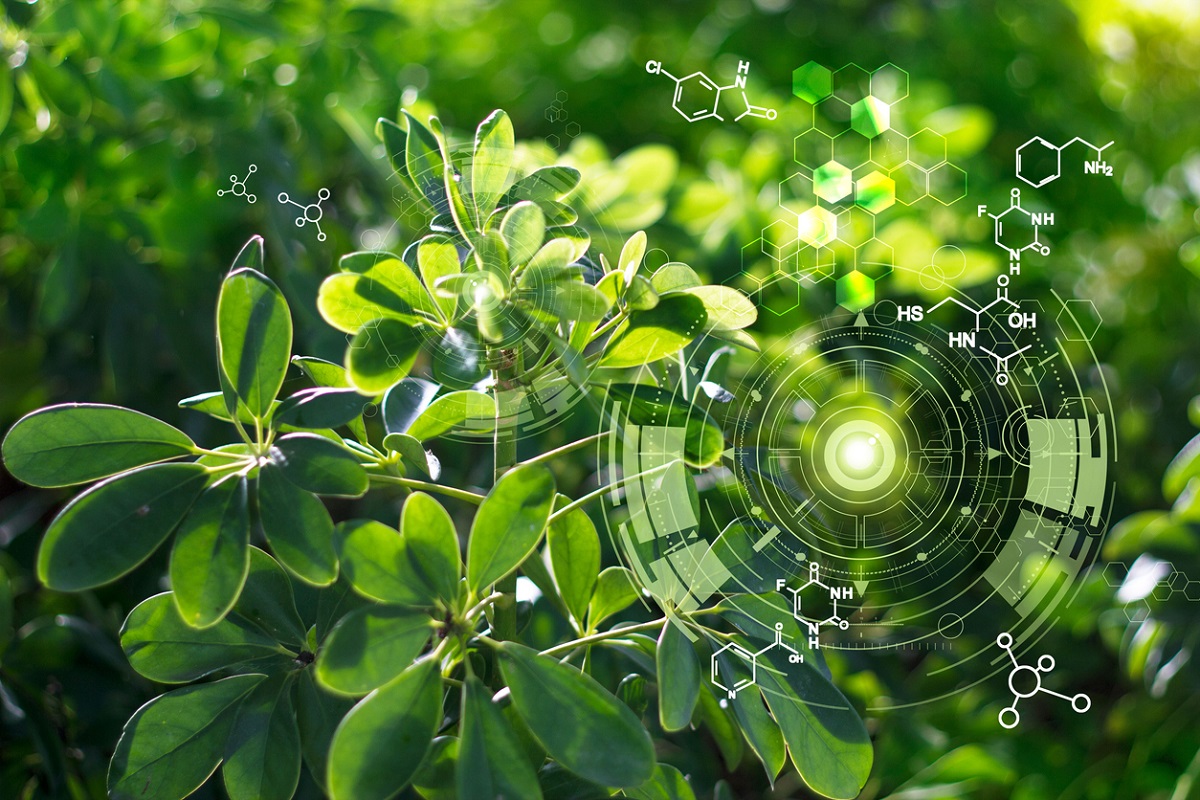
Plants Can Make “Secret Decisions” on What to Do With Stored Carbon
June 22, 2022| |
Scientists from the University of Western Australia discovered how plants control the amount of carbon from photosynthesis that they store to build biomass using a metabolic channel. This is a relatively rare plant ability that was found to break the normal rules of biochemistry and has the potential to help mitigate climate change.
Scientists have dubbed the previously unknown process as “secret decisions” that plants make when releasing carbon into the atmosphere. While investigating the plant Arabidopsis thaliana, researchers found that plants control how much carbon from photosynthesis they keep to build biomass using a metabolic channel during respiration. Specifically, this happens right before plants burn the compound pyruvate as the scientists found evidence that the plant can track the source of the pyruvate and choose whether to release it or store it for usage. According to scientists, pyruvate is the last point of the plant's decision to either burn it and release carbon dioxide or use it to build phospholipids for plant oils, amino acids, and other biomass products.
The scientists were astounded by the discovery as it does not follow the typical biochemistry rules where every reaction is a competition and the processes do not control where the product goes. It gives light to understanding how plants store carbon dioxide during the metabolic process and paves the way for future research to develop plants that can store carbon longer thereby increasing the chances of mitigating climate change challenges.
The study is published by Nature Plants and reported by ScienceAlert.
| |
You might also like:
- Experts to Use CRISPR for Carbon Capture with Crops
- Enabling Plants to Combat Climate Change by Storing More Carbon Dioxide
- GM Poplar Field Trials Result to Sustainable Biomass Production Without Isoprene Emission
Biotech Updates is a weekly newsletter of ISAAA, a not-for-profit organization. It is distributed for free to over 22,000 subscribers worldwide to inform them about the key developments in biosciences, especially in biotechnology. Your support will help us in our mission to feed the world with knowledge. You can help by donating as little as $10.
-
See more articles:
-
News from Around the World
- FAO Highlights Importance of Innovative Partnerships for 2030 Agenda
- Philippine Biosafety Systems, Organic Agriculture and Co-Existence
- Bangladesh Approves 2 Bt Cotton Varieties
- Field Tests of GM Canola and Indian Mustard in Australia Approved
- EFSA Releases Scientific Opinion on HT Soybean A5547-127
-
Research Highlights
- International Research Team Creates Map of Significant Potato Traits
- TuRLK1 Vital in YrU1-activated Plant Immunity
- Plants Can Make “Secret Decisions” on What to Do With Stored Carbon
-
Read the latest: - Biotech Updates (January 21, 2026)
- Gene Editing Supplement (January 28, 2026)
- Gene Drive Supplement (February 22, 2023)
-
Subscribe to BU: - Share
- Tweet

